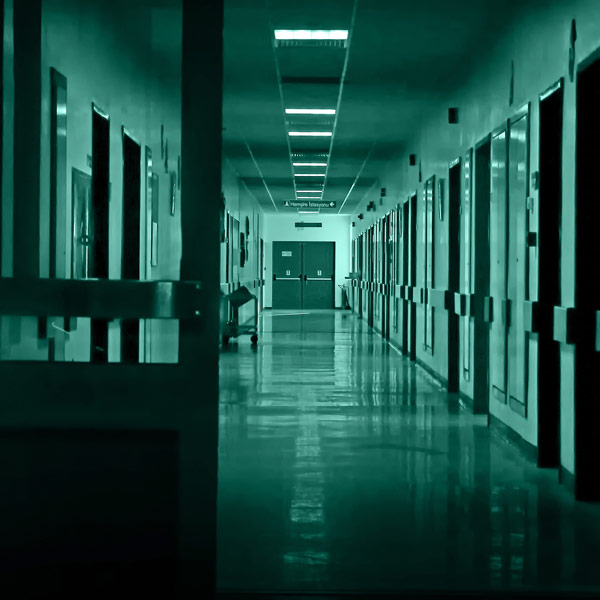WEDNESDAY, April 13, 2016 (HealthDay News) — Alcohol sales fell in Maryland following an increase in the sales tax, according to a finding that suggests the tactic could work in other U.S. states.
The alcohol tax rose from 6 percent to 9 percent in 2011, and liquor sales subsequently fell 5 percent, the study found. Meanwhile, beer sales dropped 3 percent and wine sales decreased 2.5 percent over the next 18 months. The overall decline in alcohol sales was almost 4 percent, the researchers said.
Since alcohol sales reflect alcohol consumption, the findings suggest, but don’t prove, that higher sales taxes reduce drinking, the Johns Hopkins Bloomberg School of Public Health researchers noted.
Excessive drinking causes an average of 88,000 deaths a year in the United States. And, alcohol is more affordable now in the United States than at any time in the past 60 years, the researchers said.
“The vast majority of existing research on the public health impact of alcohol taxes has examined alcohol excise taxes, which are based on the amount of alcohol in a container but not its price,” said study co-author David Jernigan, director of Hopkins’ Center on Alcohol Marketing and Youth, in Baltimore.
“The findings of this paper suggest that increased alcohol sales taxes may be as effective as increased excise taxes in reducing alcohol consumption,” he said in a university news release.
Many health experts recommend higher alcohol taxes as a way to reduce the harmful effects of drinking, the researchers said.
“Maryland’s experience with raising its alcohol sales tax is a powerful case study. The potential public health benefit of increasing alcohol sales taxes as a strategy for reducing excessive drinking in states across the country is considerable,” said Jernigan.
The study findings were published online April 11 in the American Journal of Drug and Alcohol Abuse.
More information
The U.S. Centers for Disease Control and Prevention has more on alcohol and public health.
Copyright © 2026 HealthDay. All rights reserved.

